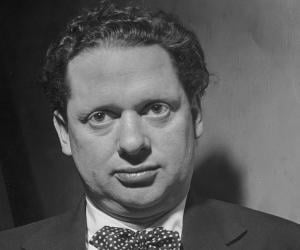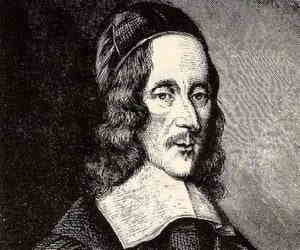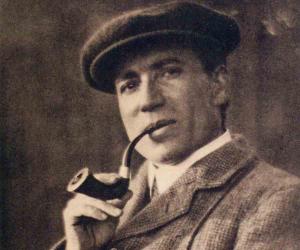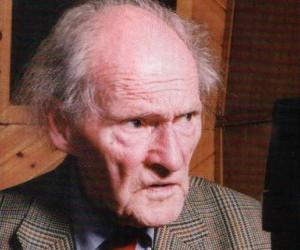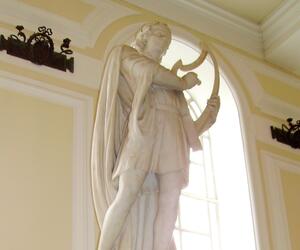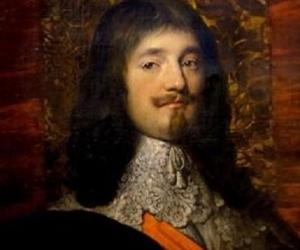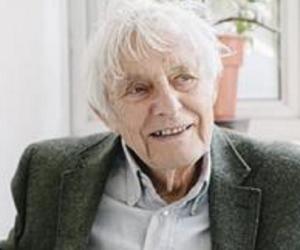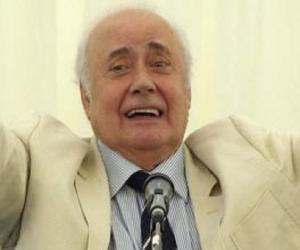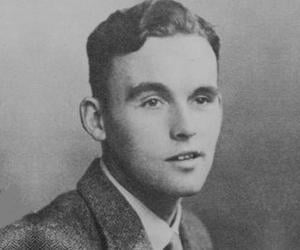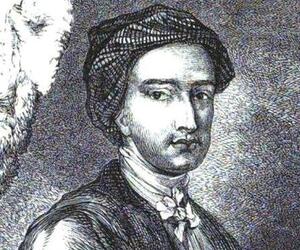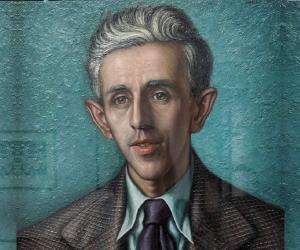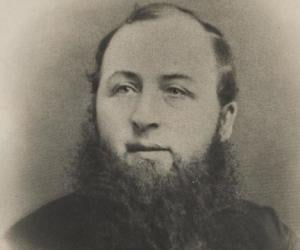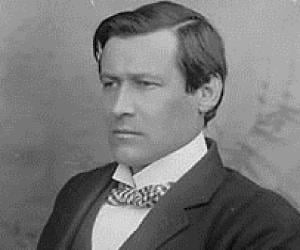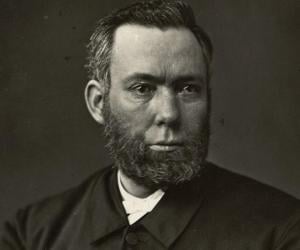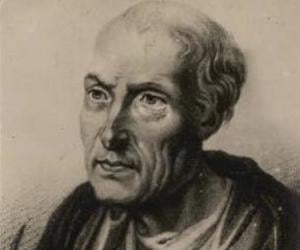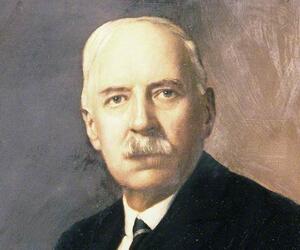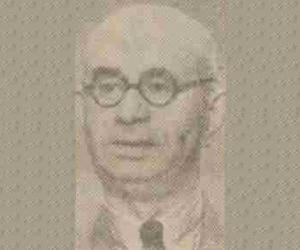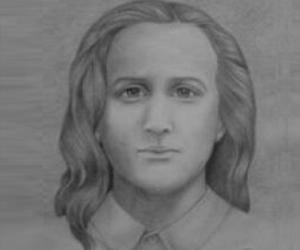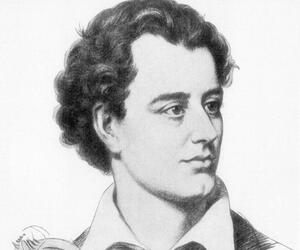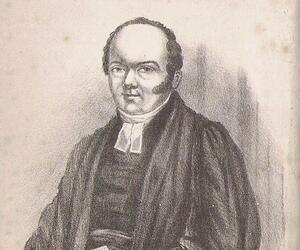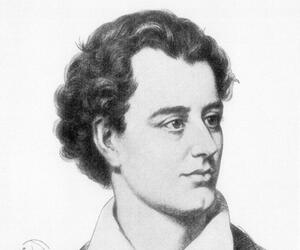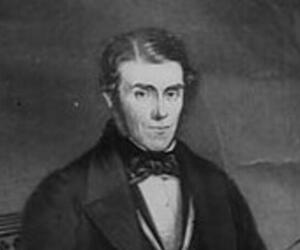1
Dylan Thomas
(Poet & Writer)
Birthdate: October 27, 1914
Sun Sign: Scorpio
Birthplace: Swansea
Died: November 9, 1953
Dylan Thomas was a Welsh poet and writer known for iconic works like "Do not go gentle into that good night" and "And death shall have no dominion". He gained popularity during his lifetime for his unique use of words and imagery. Thomas struggled to earn a living as a writer and supplemented his income with reading tours and radio broadcasts. His radio recordings for the BBC brought him public attention, establishing him as an accessible voice in the literary world. Thomas' fame grew with successful readings in the United States, although his alcoholism affected his health and reputation.
